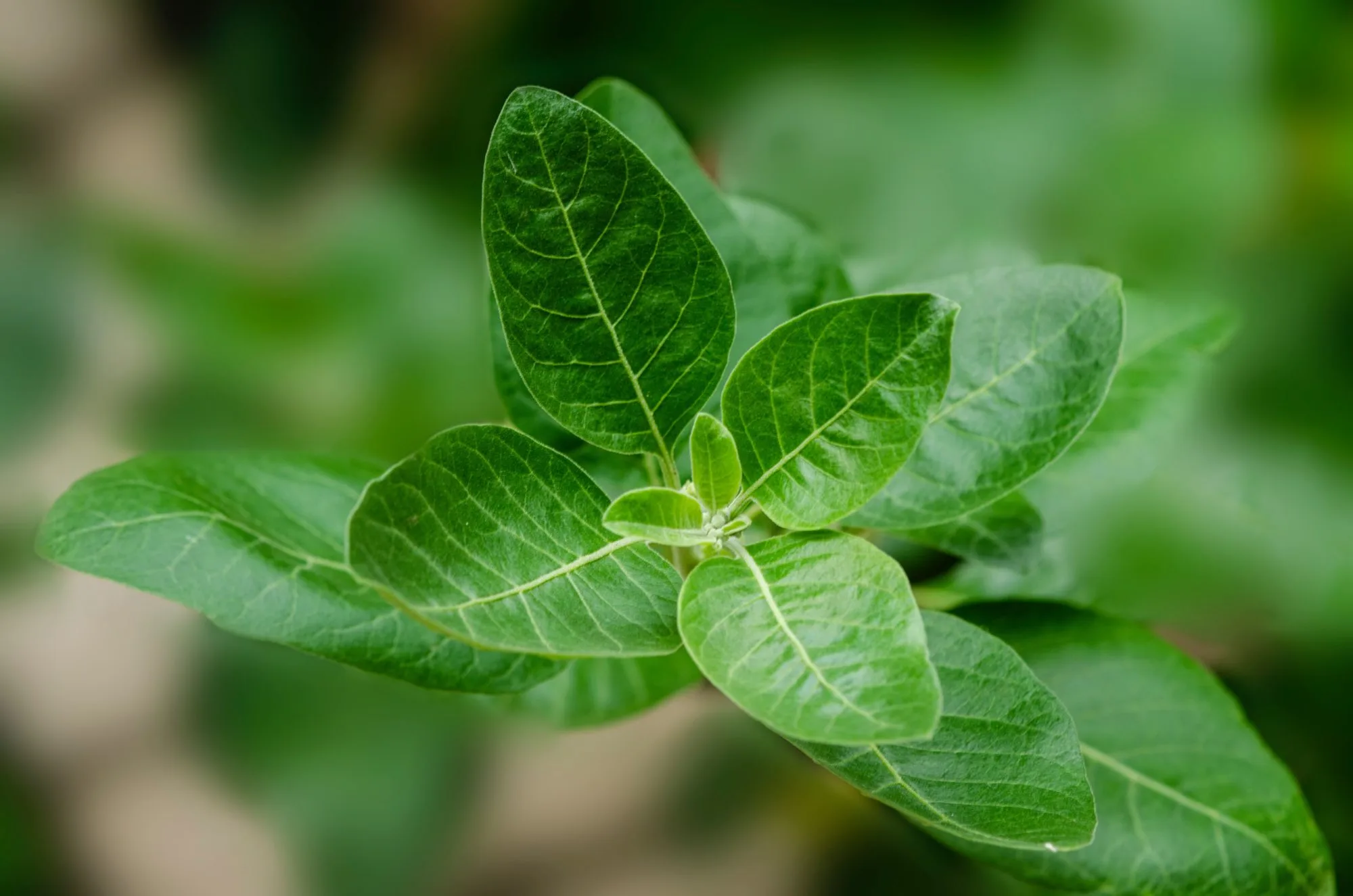Ayurveda is a well-known alternative healing medicine that found its roots 3.000 years ago in India. Before it became popular around the globe, it was practiced only in India, Africa, Asia, as well as the Mediterranean countries. This system supports the body’s self-healing properties by using herbs as well as herbal medicines, among which is ashwagandha.
Ashwagandha is an evergreen bush that grows mainly in India, some parts of Africa, as well as the Middle East. It is considered one of the most important herbs of the Ayurvedic medicine due to its incredible health benefits. As it’s known, it has been used to treat many health conditions, including stress, insomnia, fever, diabetes, memory loss, arthritis, snake bites, and similar. However, since there has been scientific proof only for part of them, we will only look at them.
Ashwagandha Longevity Health Benefits
1. Reduces Anxiety and Stress
One of the most common uses of ashwagandha is for anxiety as well as stress reduction. There have been many studies on this topic. According to a 2012 study, this herb helped reduce stress, anxiety, as well as insomnia by 69%. As researchers have found, the main reason why it helps treat these mental conditions is that it reduces the levels of cortisol, the stress hormone. It has also been found to have blocked the stress pathway in the brain of rats by regulating the signals in the nervous system.
2. May Reduce Depression Symptoms
Depression, unfortunately, is a very common mental condition. As the World Health Organization states, more than 264 million people suffer from depression (1). It’s also one of the leading causes of committing suicide. Therefore, it’s of crucial importance to find an efficient way to treat this condition.
According to a 2000 study, using ashwagandha for depression might be helpful. It’s because it showed that it is well-tolerated by the patients and has anxiolytic properties. That’s why it may help reduce the symptoms of depression. Happier and healthier people are reported to enjoy longevity.
3. Can Lower Blood Sugar Levels

Photo by Primal Harmony
Apart from reducing cortisol levels, ashwagandha can also lower blood sugar levels. According to the studies conducted on this topic, it increased insulin production as well as improved its sensitivity in muscle cells (2). It was also found that it can lower blood sugar levels in both healthy people as well as diabetics. (3, 4)
This is an important discovery, especially in terms of treating diabetes. As it’s known, diabetes is an auto-immune or chronic disease which is a result of lack of insulin production (Type 1) or insulin resistance (Type 2). Therefore, being able to improve insulin sensitivity as well as increase its production, this herb may be the answer to treating this condition.
4. May Lower Cholesterol Levels
Another heart-related benefit of ashwagandha is its ability to lower cholesterol levels. Apart from cholesterol, it may also reduce triglyceride levels. There have been some animal studies that found this herb can lower both cholesterol and triglyceride levels by around 50%. (5) The human studies, on the other hand, showed that the reduction percentage is lower, yet great because ashwagandha lowered the LDL (bad) cholesterol by 17% whereas the triglycerides by 11%. (6)
5. May Improve Brain Function Problems
It has been found that ashwagandha may help improve brain function problems as well as the memory that are caused by a disease or an injury. Studies have shown that it may benefit patients with Alzheimer’s as well as epilepsy. It’s because this herb acts as an antioxidant, thus protecting nerve cells from damage caused by the harmful free radicals.
According to the findings, ashwagandha can reverse spatial memory impairment in patients with epilepsy. (7) Moreover, it was found that it can improve the memory of both healthy people and people with neurodegenerative diseases such as Alzheimer’s, Parkinson’s, as well as Huntington’s. (8) As presented in the African Journal of Traditional, Complementary and Alternative Medicine, this herb may protect the brain, nerves, as well as nerve paths from damage, as a result of these diseases, if given in early stages. (9)
6. May Reduce Inflammation
Several studies, conducted on people and animals, have shown that ashwagandha may be able to reduce inflammation (10, 11, 12). According to the findings, it’s because it increases the activity of the immune cells, thus boosting their ability to fight infections. Moreover, it has been found that it helps reduce the markers of inflammation, such as C-reactive protein which is associated with increased risk of heart disease.
7. May Increase Physical Strength and Muscle Mass For Longevity
Apart from playing an important role in improving your overall health, ashwagandha may also improve your physical strength. As studies have found, this amazing herb may make you stronger. (13, 14) It does that by improving your body composition as well as increasing muscle mass and due to body fat reduction.

The Bottom Line
According to the findings, ashwagandha is indeed a very helpful herb and is well tolerated. It can assist in improving your physical health as well as strength. It can also improve your mental health.



![women [longevity live]](https://longevitylive.com/wp-content/uploads/2020/01/photo-of-women-walking-down-the-street-1116984-100x100.jpg)











One Comment